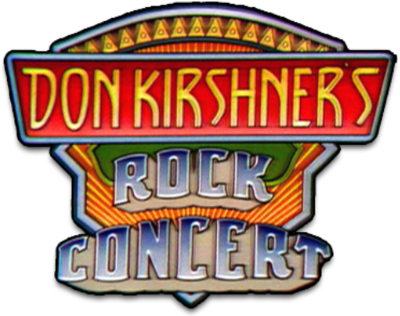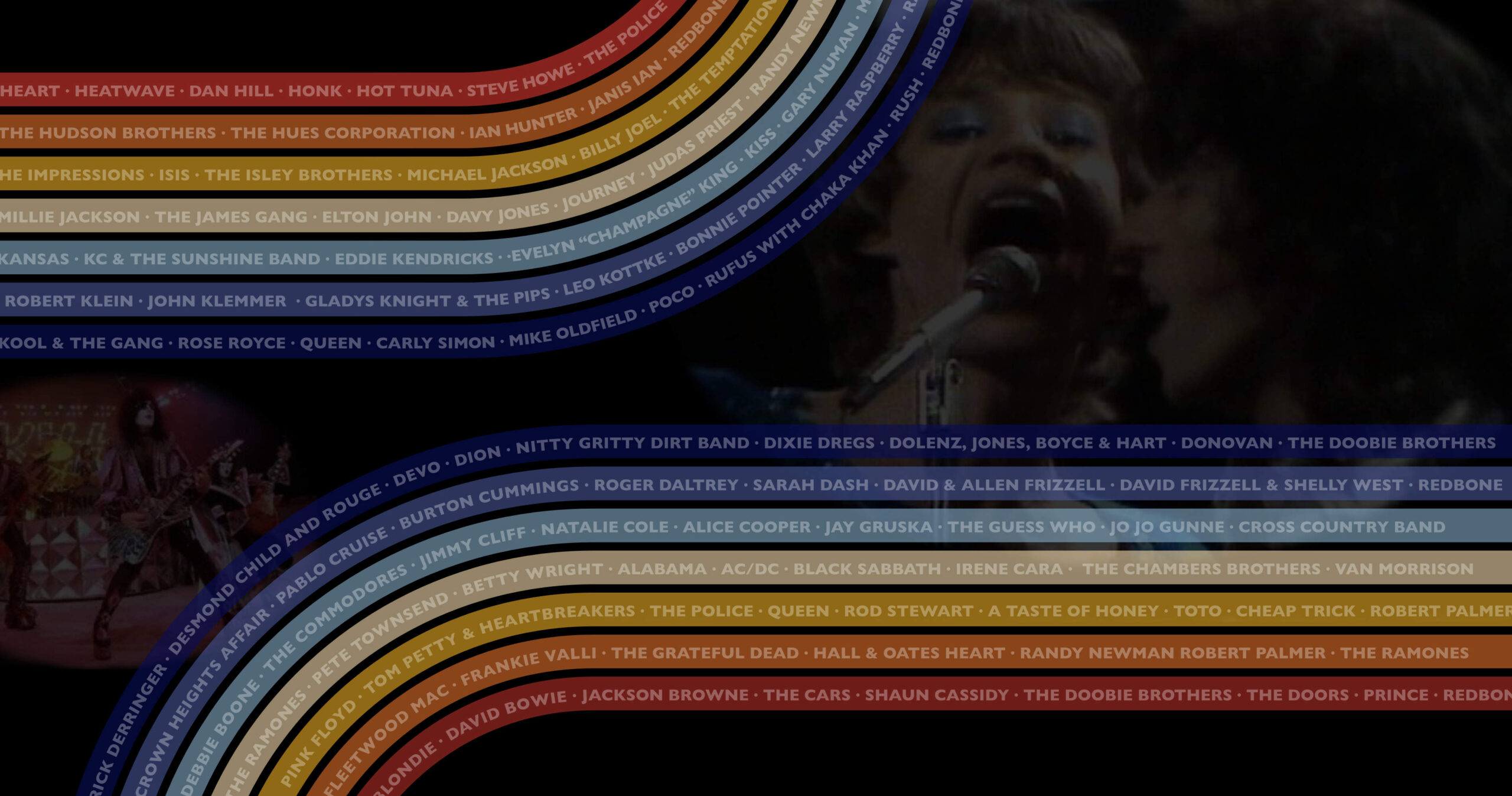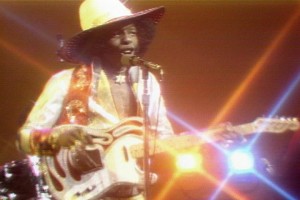In 1968, Sly & The Family Stone appeared on The Ed Sullivan Show performing the exuberant but little-known album track “Love City.” The following year, they returned to the show for what proved to be a legendary performance, playing an excerpt from their #1 hit “Everyday People” before launching into the iconic “Dance To The Music.” In both episodes, the home viewer was presented with a high energy performance by a band fully engaged with both the audience and themselves. On Sullivan, the band was facing each other just as often as they were facing the cameras. At the center of the action was Sly Stone who, when not playing the organ, was breaking into explosive dance routines on stage, and at one point running into the audience with his bandmate and sister Rose. Clearly this was a band determined to not only win over their audience, but truly own them from beginning until end.
By the time the band appeared on Don Kirshner’s Rock Concert in 1973, things had clearly changed. The most obvious difference was stage presentation; on Kirshner the entire band, except the drummer, was lined up in a row at the end of the stage, eliminating much of the eye contact seen on Sullivan. Another difference was the band-members, with a different drummer and bassist, and also the addition of a trio of singers known as Little Sister, featuring Sly’s other sister Vet, who were positioned right next to Sly on stage. However, the biggest difference seemed to be Sly himself — here was a band leader who already owned the crowd, and he knew it. The bright-eyed enthusiasm on Sullivan had been replaced on Kirshner by something quite different, possibly best described as a supreme level of confidence and cockiness, with an undercurrent of foreboding.
The band started their Kirshner set not with a Family Stone hit, but rather with a Little Sister number “I’m The One, You’re The One.” Sly was clearly content to sit behind his keyboard and give his newly formed group of singers their moment to shine, while he and the band provided backing. After this, Sly took control with a performance of “Stand,” the title track from their 1969 album and one of their best known songs. It was a very different experience than the album version, with the verses staying fairly quiet while the choruses erupted at full volume. At one point in the last verse, Sly seemed distracted and missed several words, but then snapped back at the chorus, screaming out “Stand!” and leaving his seat behind the keyboard. During the song’s well known closing jam, Sly brought the band’s volume down and addressed the crowd:
“Seems like every time you get a whole bunch of lights on you, people have the tendency to want to sit down, and check you out, you see. They wanna sit down and check you out, so they can go home and say, ‘man… that wasn’t nothin’. Shoot. They ain’t did nothing.’ You in it too! This song is about all of us! You know what I mean? If you believe in anything at all, what do you believe in? What? Well then stand on up for it then, what’s wrong with you?”
With that, any audience members, who were not already out of their seats, definitely rose to their feet. Ending the song hunched over his keyboard, Sly played the chords to his recent hit “If You Want Me To Stay” and sang with a nearly permanent smile on his face.
Later in the episode, Sly and the band returned to perform “Thank You.” For this song, Sly played chords on an electric guitar, fingering simple solos at various times. Later, the band launched into their signature tune “Dance To The Music,” giving nearly every band-member their own individual moment. After running through the verses twice, the song essentially morphed into the “Music Lover” section of “Dance To The Medley,” which itself incorporated bits of another big hit “I Want To Take You Higher.”
All in all, the band performed at the top of their game, even though they were unknowingly approaching the end of their run of success. Less than two years after this performance, with record sales and concert attendance sliding down, the Family Stone disbanded. Sly embarked on what was essentially a solo career, though often using the Sly & The Family Stone name on his albums. An additional appearance on Rock Concert could only have helped the sales of his subsequent low selling albums, but it was not to be, and this episode proved to be Sly’s only appearance on the show.


